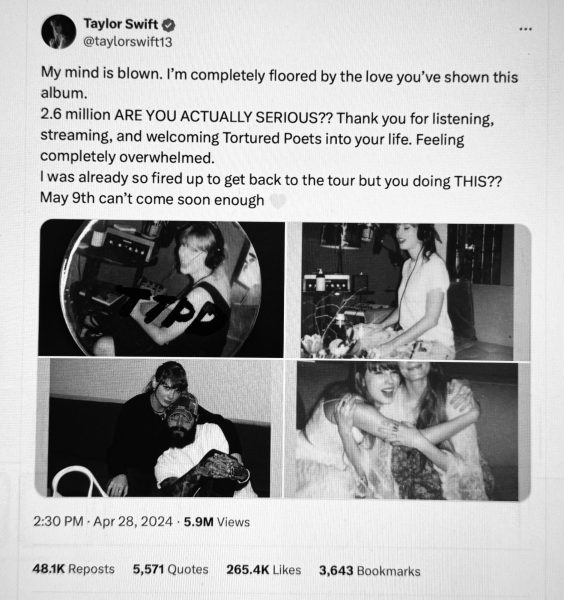DS View: Suicide
This past week, there has been a lot of controversy on the Internet surrounding the death of an Oregon woman named Brittany Maynard. Maynard, 29, decided to take her own life in her home this past Sunday. Why was this so controversial, you might wonder? Because Maynard’s death was completely legal in the state of Oregon, and the cause of death was prescription drugs prescribed to her by a her doctor for the purpose of ending her life.
In 1994, Oregon voted to pass a law referred to as the “Oregon Death with Dignity Act,” which made it legal for terminally ill patients to end their own lives with the assistance of doctors.
The act was challenged by a federal judge and put on hold until 1997, when voters reaffirmed their approval.
Though the doctor prescribes the medicine, the patient must self-administer the medication voluntarily after being approved by their physician.
The Associated Press has reported that 752 people have decided to use the Oregon Death with Dignity Act since 1997. What sets Maynard apart from the rest is likely the fact that she was only 29, while the median age of people who have used the act is 71.
Maynard was diagnosed with terminal brain cancer and was told that it would kill her within the year. Rather than suffering excruciating pain until the cancer killed her, she decided to take advantage of the Oregon law and end her own life. Rather than sitting in a hospital bed waiting for her inevitable death, she decided to end her life in the comfort of her own home — as did 95 percent of the people who chose to use use the law to their advantage.
Personally, I completely agree with the voters of Oregon and respect Maynard’s decision to end her own life. It’s very likely that a lot of people get caught up on the stigma of suicide when they think about the Oregon Death with Dignity Act. Lots of people know someone directly or indirectly who has taken their own life, and it is a very painful and unfortunate experience that nobody should have to go through.
However, I think there’s a huge difference between somebody taking their own life due to mental illness and somebody taking their own life to avoid the suffering associated with a terminal illness.
By opposing these laws and Maynard’s decision, you are not preventing a death. Instead, you are prolonging suffering and the mental toll that it takes on both the patient and their families.
Larry Philbin is the News Editor of The Dakota Student. He can be reached at [email protected].







